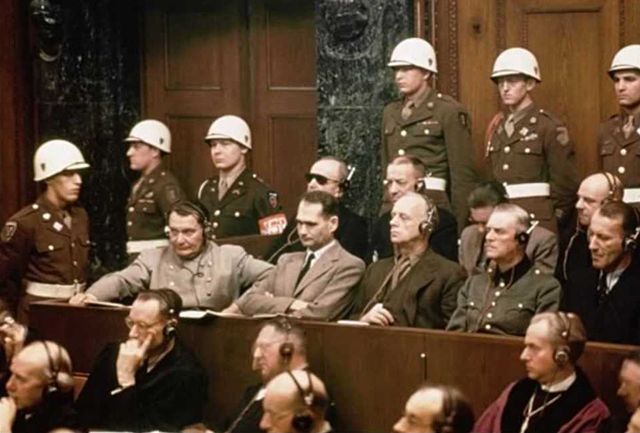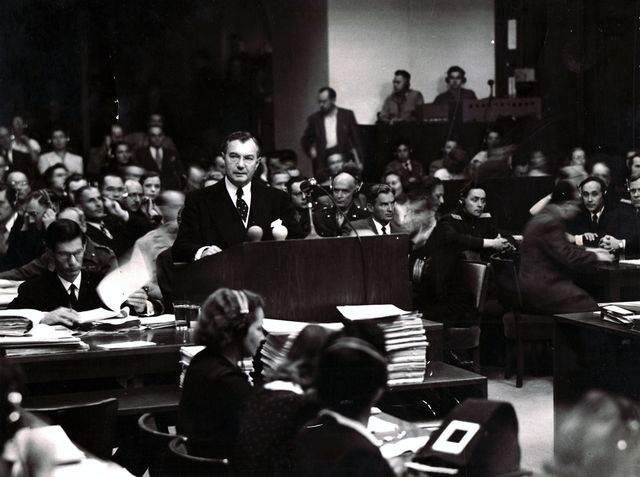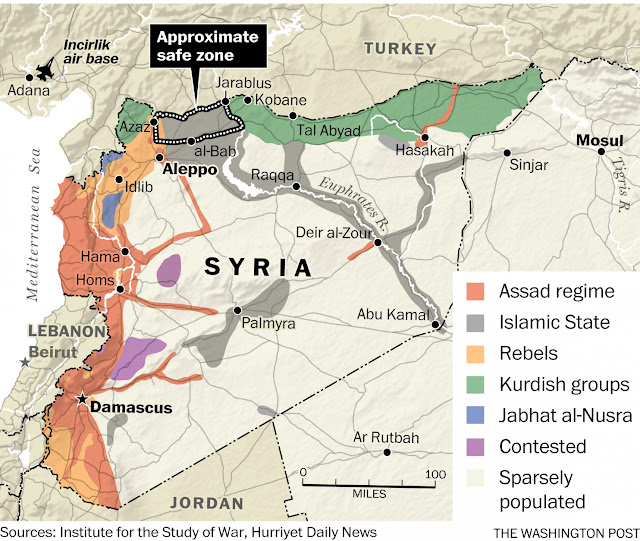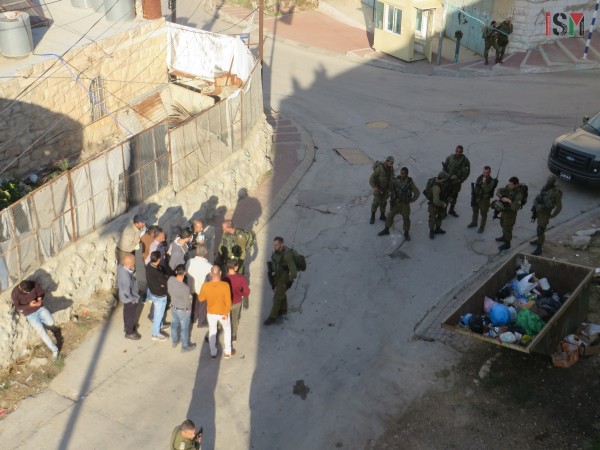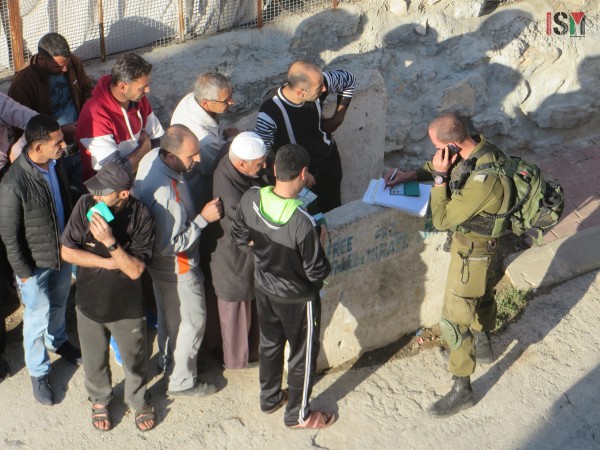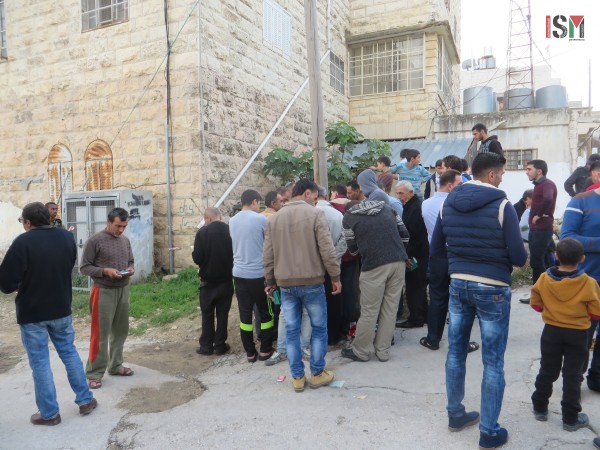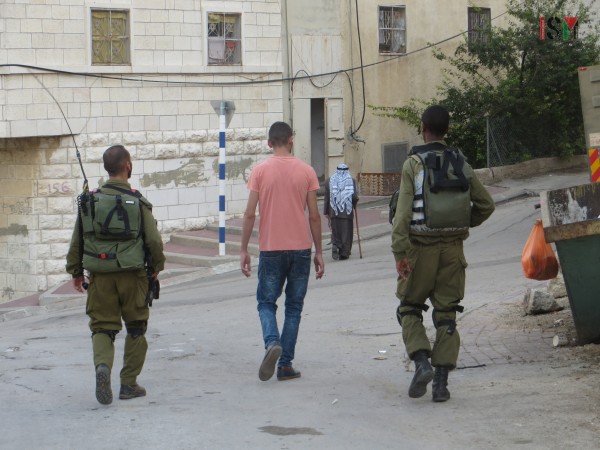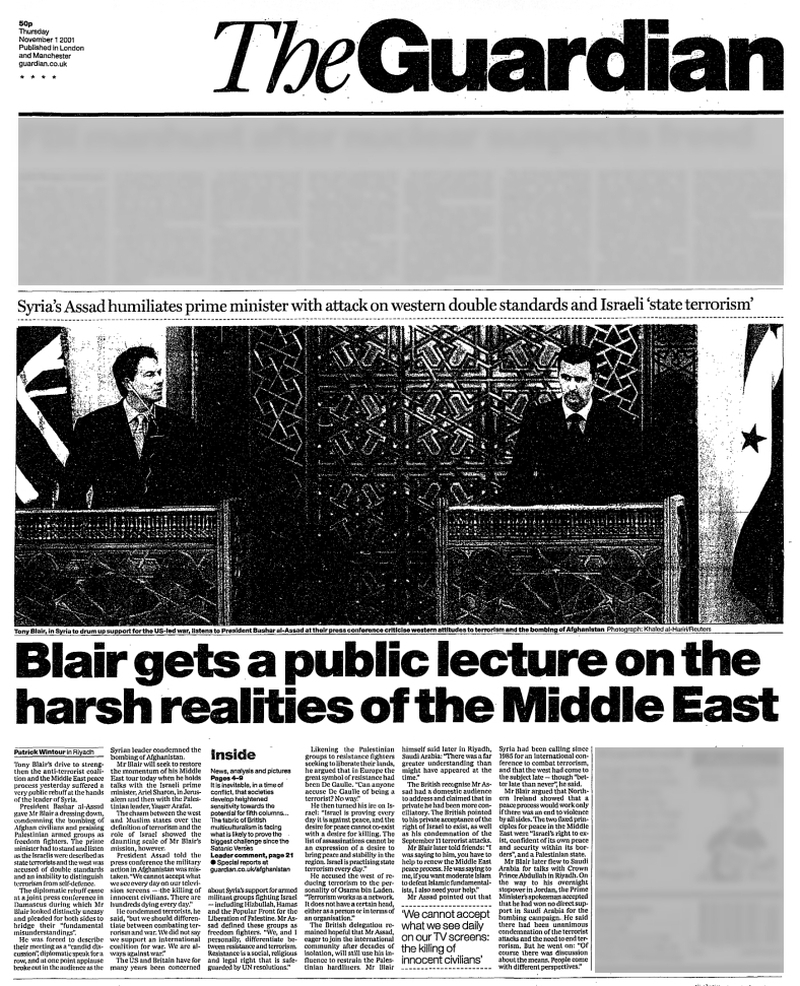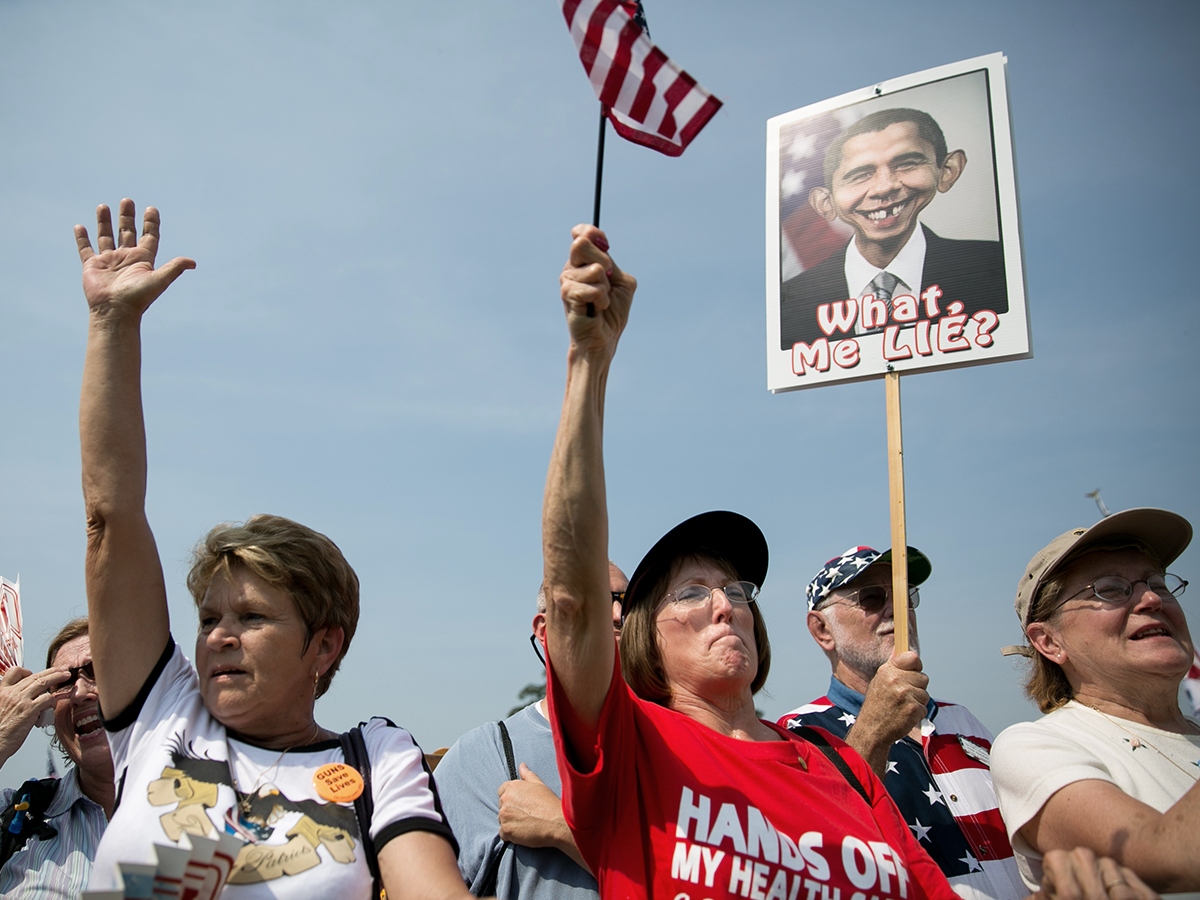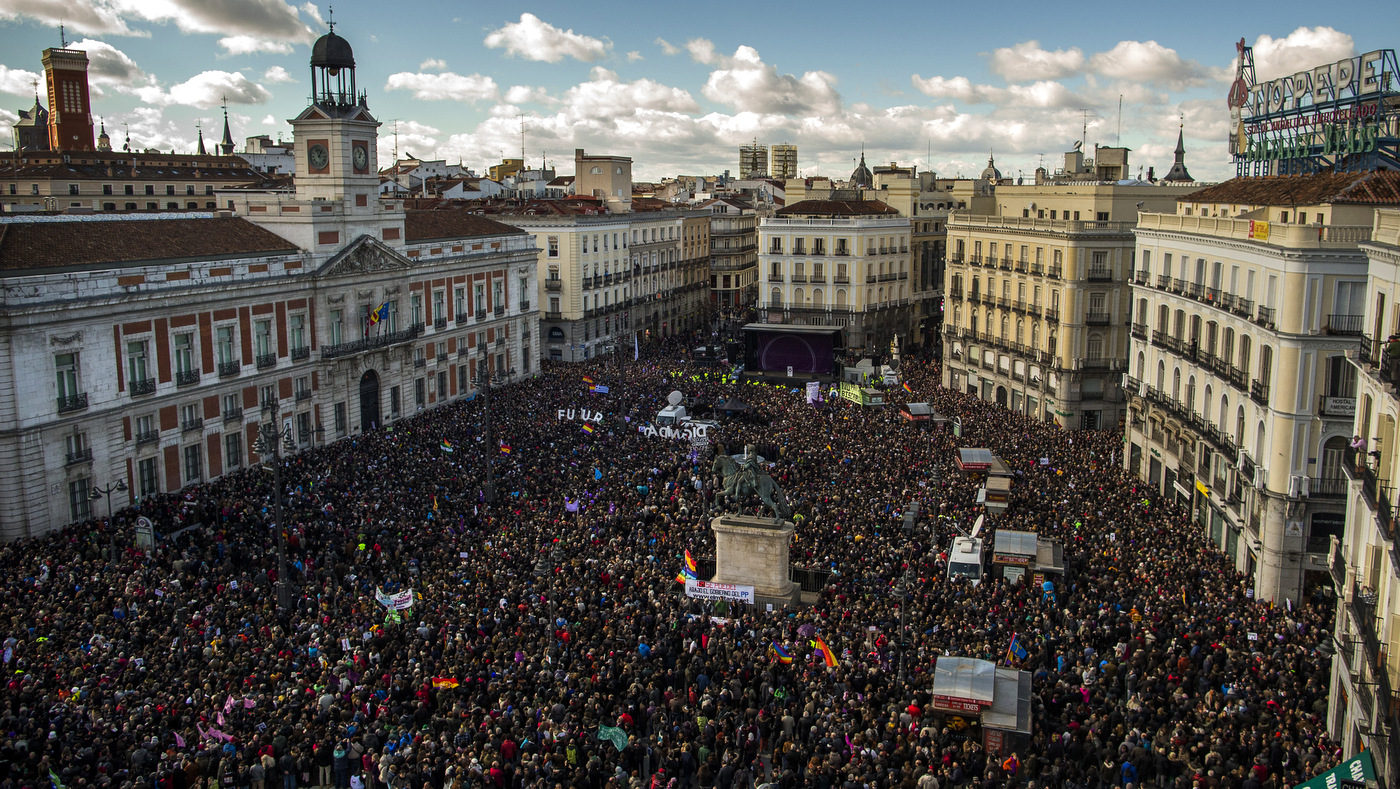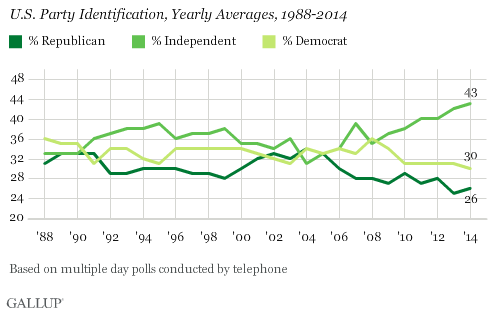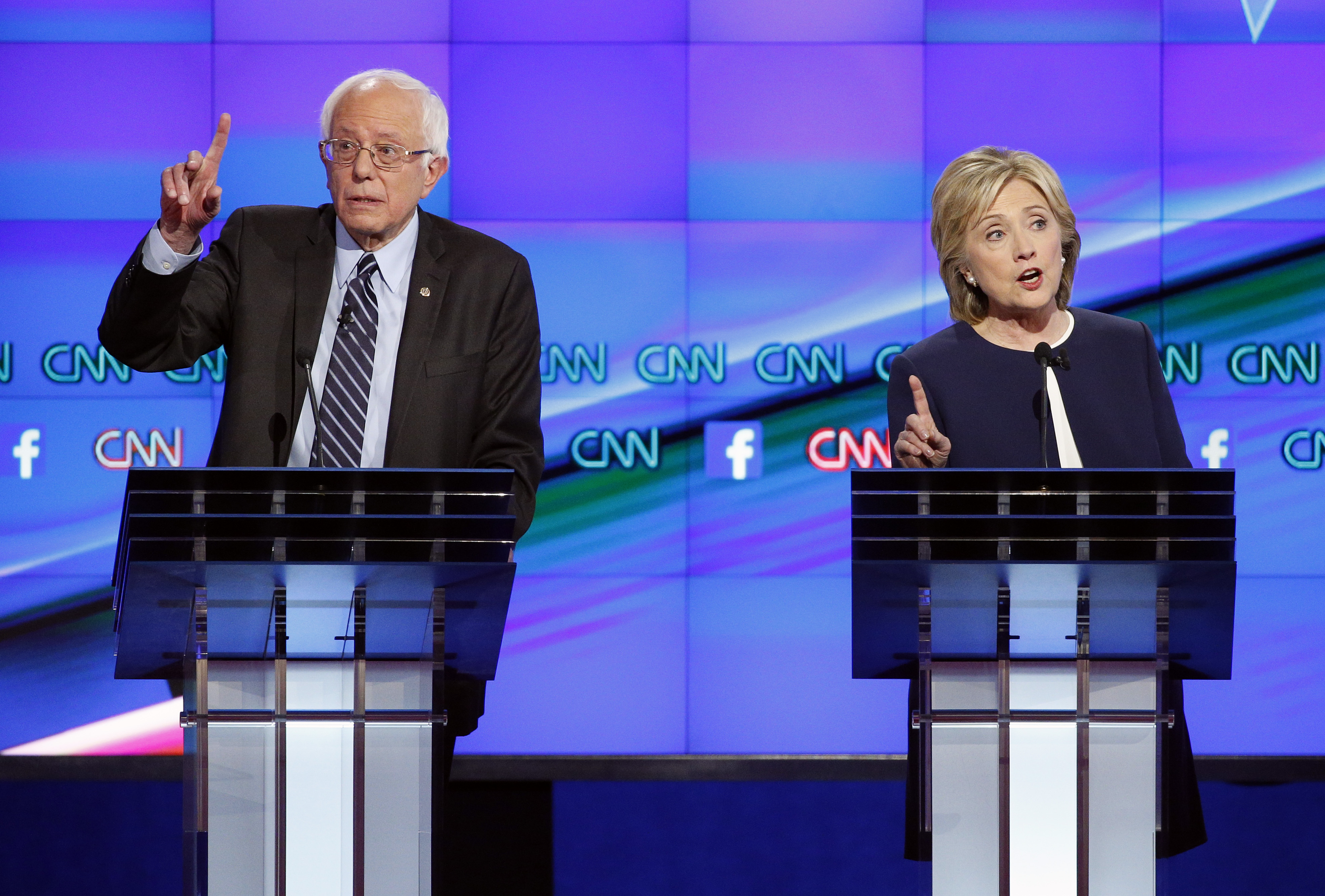Are you Confused by the Middle East? The Criminal Record of US Foreign Policy
November 4th, 2015 by William Blum
- The US, France, Saudi Arabia, Turkey, Qatar, and the Gulf monarchies have all in the recent past supported al Qaeda and/or the Islamic State (ISIS) with arms, money, and/or manpower.
- The first example of this was in 1979 when the United States began covert operations in Afghanistan, six months before the Russians arrived, promoting Islamic fundamentalism across the southern tier of the Soviet Union against “godless communism”. All the al-Qaeda/Taliban shit then followed.
- In addition to Afghanistan, the United States has provided support to Islamic militants in Bosnia, Kosovo, Libya, the Caucasus, and Syria.
- The United States overthrew the secular governments of Afghanistan, Iraq, and Libya and is trying to do the same with Syria, thus giving great impetus to the rise of ISIS. Said Barack Obama in March of this year: “ISIS is a direct outgrowth of al-Qaeda in Iraq that grew out of our invasion. Which is an example of unintended consequences. Which is why we should generally aim before we shoot.”
- More than a million refugees from these wars of Washington are currently over-running Europe and North Africa. God Bless American exceptionalism.
- The Iraqi, Syrian and Turkish Kurds have all fought against ISIS, but Turkey – close US ally and member of NATO – has fought against each of them.
- Russia, Iran, Iraq, and Lebanese factions have each supported the Syrian government in various ways in Damascus’s struggle against ISIS and other terrorist groups, including the (much celebrated but seldom seen) “moderate” ones. For this all four countries have been sharply criticized by Washington.
- The United States has bombed ISIS in Syria, but has used the same occasions to damage Syria’s infrastructure and oil-producing capacity.
- Russia has bombed ISIS in Syria, but has used the same occasions to attack Syria’s other enemies.
- The mainstream media almost never mentions the proposed Qatar natural-gas pipelines – whose path to Europe Syria has stood in the way of for years – as a reason for much of the hostility toward Syria. The pipelines could dethrone Russia as Europe’s dominant source of energy.
- In Libya, during the beginning of the 2011 civil war, anti-Gaddafi rebels, many of whom were al-Qaeda affiliated militias, were protected by NATO in “no-fly zones”.
- US policy in Syria in the years leading up to the 2011 uprising against Syrian leader Bashar al-Assad, which began the whole current mess, was designed to promote sectarianism, which in turn led to civil war with the goal of regime change.
- US Secretary of State John Kerry declared on October 22 that in resolving Syria’s civil war the country “should not be broken up, that it must remain secular, and that Syrians should choose their future leader.” (All of which actually describes Syria under Assad.) Then Kerry said: “One thing stands in the way of being able to rapidly move to implement that, and it’s a person called Assad, Bashar Assad.”
Why does the government of the United States hate Syrian president Bashar al-Assad with such passion?
Is it because, as we’re told, he’s a brutal dictator? But how can that be the reason for the hatred? It would be difficult indeed to name a brutal dictatorship of the second half of the 20th Century or of the 21st century that was not supported by the United States; not only supported, but often put into power and kept in power against the wishes of the population; at present the list would include Saudi Arabia, Honduras, Indonesia, Egypt, Colombia, Qatar, and Israel.
The United States, I suggest, is hostile to the Syrian government for the same reason it has been hostile to Cuba for more than half a century; and hostile to Venezuela for the past 15 years; and earlier to Vietnam, Laos and Cambodia; and to Dominican Republic, Uruguay, and Chile; and so on continuing through the world atlas and history books.
What these governments have had in common can be summarized in a single word – independence … independence from American foreign policy; the refusal to be a client state of Washington; the refusal to be continuously hostile to Washington’s Officially Designated Enemies; insufficient respect and zeal for the capitalist way of life.
Democratic Socialism
 The candidacy of Bernie Sanders, a “democratic socialist”, for the US presidency has produced an unprecedented barrage of discussion in the American media about just what is this thing called “socialism”. Most of the discussion centers around the question of government ownership and control of the economy versus private ownership and control. This is, of course, a very old question; the meat and potatoes of the Cold War ideological competition.
The candidacy of Bernie Sanders, a “democratic socialist”, for the US presidency has produced an unprecedented barrage of discussion in the American media about just what is this thing called “socialism”. Most of the discussion centers around the question of government ownership and control of the economy versus private ownership and control. This is, of course, a very old question; the meat and potatoes of the Cold War ideological competition.
What’s markedly different now is that a few centuries of uninhibited free enterprise have finally laid painfully bare the basic anti-social nature of capitalism, forcing many of even the most committed true believers to concede the inherent harm the system brings to the lives of all but the richest.
But regardless of what the intellects of these true believers tell them, they still find it very difficult emotionally to completely cut the umbilical cord to the system they were carefully raised to place the greatest of faith in. Thus, they may finally concede that we have to eliminate, or at least strictly minimize, the role of the profit motive in health care and education and maybe one or two other indispensable social needs, but they insist that the government should should keep its bureaucratic hands off everything else; they favor as much decentralization as possible.
The most commonly proposed alternative to both government or private control is worker-owned cooperatives or publicly owned enterprises managed by workers and consumer representatives. Sanders has expressed his support for worker-owned cooperatives.
There is much to be said about such systems, but the problem I find is that they will still operate within a capitalist society, which means competition, survival of the fittest; which means that if you can’t sell more than your competitors, if you can’t make a sufficient net profit on your sales, you will likely be forced to go out of business; and to prevent such a fate, at some point you may very well be forced to do illegal or immoral things against the public; which means back to the present.
You cannot follow the mass media without being confronted every day with story after story of one corporation or another trying to swindle the public in one way or another; the latest egregious case being that of the much revered Volkswagen, recently revealed to have manipulated the measurement of the car’s pollution emission. The fact that half of the company’s Supervisory Board – responsible for monitoring the Management and approving important corporate decisions – consists of employee representatives elected by the employees did not prevent this egregious fraud; the company is still obliged to strive to maximize profit and the firm’s stock-market value. It’s the nature of the corporate beast within a capitalist jungle.
Only removal of the profit motive will correct such behavior, and also keep us from drowning in a sea of advertising and my phone ringing several times each day to sell me something I don’t need and which may not even exist.
The market. How can we determine the proper value, the proper price, of goods and services without “the magic of the marketplace”? Let’s look at something most people have to pay for – rent. Who or what designed this system where in 2015 11.8 million households in the US are paying more than 50 percent of their income to keep a roof over their head, while rent is considered “affordable” if it totals some 30 percent or less of one’s income. What is the sense of this? It causes more hardship than any other expense people are confronted with; all kinds of important needs go unmet because of the obligation to pay a huge amount for rent each month; it is the main cause of homelessness. Who benefits from it other than the landlords? What is magical about that?
Above and beyond any other consideration, there is climate change; i.e., survival of the planet, the quality of our lives. What keeps corporations from modifying their behavior so as to be kinder to our environment? It is of course the good old “bottom line” again. What can we do to convince the corporations to consistently behave like good citizens? Nothing that hasn’t already been tried and failed. Except one thing. Unmentionable in a capitalist society. Nationalization. There, I said it. Now I’ll be getting letters damning me as an “Old Stalinist”.
But nationalization is not a panacea either, at least for the environment. There’s the greatest single source of environmental damage in the world – The United States military. And it’s already been nationalized. But doing away with private corporations will reduce the drive toward imperialism sufficiently that before long the need for a military will fade away and we can live like Costa Rica. If you think that would put the United States in danger of attack, please tell me who would attack, and why.
Most Americans, like other developed peoples, worship the capitalism they were raised with. But do they? See the chapter in my book Rogue State: A Guide to the World’s Only Superpower: “The United States invades, bombs, and kills for it but do Americans really believe in free enterprise?” Written in 2000/2005, the examples given in the chapter may need some updating, but the ideas expressed are as valid as ever.
Nationalization, hand-in-hand with a planned society, would of course not preclude elections. On the contrary, we’d have elections not ruled by money. What a breath of fresh air. Professor Cornel West has suggested that it’s become difficult to even imagine what a free and democratic society, without great concentrations of corporate power, would look like, or how it would operate.
Who are you going to believe? Me or Dick Cheney?
I’ve spent about 30 years compiling the details of the criminal record of US foreign policy into concise lists, and I’m always looking for suitable occasions to present the information to new readers. The new book by Dick Cheney and his adoring daughter is just such an occasion.
“We are, as a matter of empirical fact and undeniable history, the greatest force for good the world has ever known. … security and freedom for millions of people around the globe have depended on America’s military, economic, political, and diplomatic might.” – Dick Cheney and Liz Cheney, “Why the world needs a powerful America”
Well … nothing short of a brain and soul transplant would change the welt anschauung of Dr. Strangelove and his carefully-conditioned offspring, but for all of you out there who still live in a world of facts, logic, human rights, and human empathy, here’s the ammunition to use if you should happen to find yourself ensnared in the embrace of the likes of the Cheney reptiles (including mother Lynne who once set up a website solely to attack me and seven others for holding a teach-in on September 18, 2001 in which we spoke of US foreign policy as the main provocation of what had happened exactly a week earlier.)
These are the lists:
Since the end of World War 2, the United States has:
- Attempted to overthrow more than 50 foreign governments, most of which were democratically-elected.
- Dropped bombs on the people of more than 30 countries.
- Attempted to assassinate more than 50 foreign leaders.
- Attempted to suppress a populist or nationalist movement in 20 countries.
- Grossly interfered in democratic elections in at least 30 countries.
- Plus … although not easily quantified … more involved in the practice of torture than any other country in the world … for over a century … not just performing the actual torture, but teaching it, providing the manuals, and furnishing the equipment.
Open Letter to the War Politicians of the World
Jürgen Todenhöfer is a German journalist and former media manager; from 1972 to 1990 he was a member of parliament for the Christian Democrats (CDU). He was one of Germany’s most ardent supporters of the US-sponsored Mujahideen and their guerrilla war against the Soviet intervention in Afghanistan. Several times he traveled to combat zones with Afghan Mujahideen groups. After 2001 Todenhöfer became an outspoken critic of the US interventions in Afghanistan and Iraq. He has published several books about visits he made to war zones. In recent years he twice interviewed Syria’s President Bashar al-Assad and in 2015 he was the first German journalist to visit the ‘Islamic State’.
Dear Presidents and Heads of Governments!
Through decades of a policy of war and exploitation you have pushed millions people in the Middle East and Africa into misery. Because of your policies refugees have to flee all over the world. One out every three refugees in Germany comes from Syria, Iraq and Afghanistan. From Africa comes one out of five refugees.
Your wars are also the cause of global terrorism. Instead of some 100 international terrorists like 15 years ago, we now are faced with more than 100,000 terrorists. Your cynical ruthlessness now strikes back at us like a boomerang.
As usual, you do not even consider to really change your policy. You care only about the symptoms. The security situation gets more dangerous and chaotic by the day. More and more wars, waves of terror and refugee crises will determine the future of our planet.
Even in Europe, the war will one day knock again at Europe’s door. Any businessman that would act like you would be fired or be in prison by now. You are total failures.
The peoples of the Middle East and Africa, whose countries you have destroyed and plundered and the people of Europe, who now accommodate the countless desperate refugees, have to pay a high price for your policies. But you wash your hands of responsibility. You should stand trial in front of the International Criminal Court. And each of your political followers should actually take care of at least 100 refugee families.
Basically, the people of the world should rise up and resist you as the warmongers and exploiters you are. As once Gandhi did it – in nonviolence, in ‘civil disobedience’. We should create new movements and parties. Movements for justice and humanity. Make wars in other countries just as punishable as murder and manslaughter in one’s own country. And you who are responsible for war and exploitation, you should go to hell forever. It is enough! Get lost! The world would be much nicer without you.
– Jürgen Todenhöfer
Plus ça change, plus c’est la même chose
The annual vote in the United Nations General Assembly on the resolution which reads: “Necessity of ending the economic, commercial and financial embargo imposed by the United States of America against Cuba” was just held. This year set a new record for “yes” votes, with the addition of the Marshall Islands and Palau (heretofore each voting “no” or abstaining) and Micronesia (heretofore abstaining). All three countries had established diplomatic relations with Cuba earlier this year, which of course the United States had also done, but without any change in Washington’s vote. Here is how the vote has gone in the past (not including abstentions):
| Year | Votes (Yes-No) | No Votes |
|---|---|---|
| 1992 | 59-2 | US, Israel |
| 1993 | 88-4 | US, Israel, Albania, Paraguay |
| 1994 | 101-2 | US, Israel |
| 1995 | 117-3 | US, Israel, Uzbekistan |
| 1996 | 138-3 | US, Israel, Uzbekistan |
| 1997 | 143-3 | US, Israel, Uzbekistan |
| 1998 | 157-2 | US, Israel |
| 1999 | 155-2 | US, Israel |
| 2000 | 167-3 | US, Israel, Marshall Islands |
| 2001 | 167-3 | US, Israel, Marshall Islands |
| 2002 | 173-3 | US, Israel, Marshall Islands |
| 2003 | 179-3 | US, Israel, Marshall Islands |
| 2004 | 179-4 | US, Israel, Marshall Islands, Palau |
| 2005 | 182-4 | US, Israel, Marshall Islands, Palau |
| 2006 | 183-4 | US, Israel, Marshall Islands, Palau |
| 2007 | 184-4 | US, Israel, Marshall Islands, Palau |
| 2008 | 185-3 | US, Israel, Palau |
| 2009 | 187-3 | US, Israel, Palau |
| 2010 | 187-2 | US, Israel |
| 2011 | 186-2 | US, Israel |
| 2012 | 188-3 | US, Israel, Palau |
| 2013 | 188-2 | US, Israel |
| 2014 | 188-2 | US, Israel |
| 2015 | 191-2 | US, Israel |
Each fall the UN vote is a welcome reminder that the world has not completely lost its senses and that the American empire does not completely control the opinion of all other governments. The real reason for Washington’s eternal hostility toward Cuba has not changed since the revolution in 1959 – The fear of a good example; the fear of an alternative to the capitalist model; a fear that has been validated repeatedly over the years as many Third World countries have expressed their admiration and gratitude toward Cuba.
How the embargo began: On April 6, 1960, Lester D. Mallory, US Deputy Assistant Secretary of State for Inter-American Affairs, wrote in an internal memorandum: “The majority of Cubans support Castro … The only foreseeable means of alienating internal support is through disenchantment and disaffection based on economic dissatisfaction and hardship. … every possible means should be undertaken promptly to weaken the economic life of Cuba.” Mallory proposed “a line of action which … makes the greatest inroads in denying money and supplies to Cuba, to decrease monetary and real wages, to bring about hunger, desperation and overthrow of government.”
Later that year, the Eisenhower administration instituted its suffocating embargo against its everlasting enemy.
Nothing of any real importance has changed recently. Guantánamo Prison still exists in all its imperialist beauty and torture. The US has not renounced its “regime-change” policies toward Cuba. Not a penny of Cuba’s near-trillion-dollar lawsuit for compensation has been paid. Washington has recently threatened to revoke the tax exempt status of IFCO/Pastors for Peace, one of the most respected and experienced Cuba advocacy groups. I still can’t go to Cuba as a tourist, or to present a book of mine at a Cuban Book Fair (for which I’ve been blocked in the past). And the United States still does not relax its death grip on the embargo, including continuing to prohibit the sale of medicines to Cuba.
A note to readers
A number of you have remarked to me about Killing Hope being unavailable in stores and, usually, from Amazon, and often from myself. This is because one of the book’s publishers, Common Courage (Maine), and its editor Greg Bates, have blocked publication and distribution of the book by a new US publisher. Common Courage is essentially out of business but refuses to face up to the fact. Bates stole a royalty payment sent to me by my British publisher via Common Courage. This theft, among other things, nullified my contract with Common Courage. It’s complicated, but I feel obliged to offer some explanation to those of you who have been unable to find a copy of the book.
Notes
- The Independent (London), March 18, 2015
- The Wikileaks Files: The World According to US Empire (2015), Introduction by Julian Assange, chapter 10
- Newsweek, September 21, 2015
- William Blum, Rogue State: A Guide to the World’s Only Superpower (2005), Chapter 18
- See Jürgen Todenhöfer’s Facebook and website. Some minor corrections to spelling and grammar have been made.
- Department of State, Foreign Relations of the United States, 1958-1960, Volume VI, Cuba(1991), p.885


